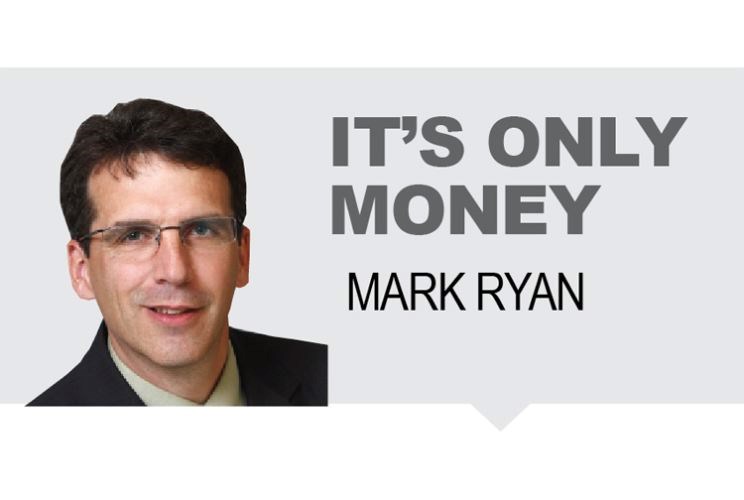The train ran a few times each day behind our townhouse in Burnaby.
Angry, slow-rolling thunder carried loads of freight to and from nearby industry. Iron giants screeched and hammered along, about an egg-toss from our living room - should a person be so inclined.
I walked the tracks daily on my way to and from the bus, my schoolbooks in arms, and again on the weekends with my fishing rod.
The backwoods beauty of the central B.C.'s Dean River system splashed through my memory, but now it was the gurgling putridity of the sooty, black Brunette River. It was accessible via an urban labyrinth of under-freeway culverts, train bridges and the occasional shopping cart filled with old car batteries. The river oozed brown bubbly goop, but I still managed to catch a few trout out of its root beer spillways, but didn't dare eat them.
As I unhooked one of them, he smiled insidiously, as if the joke was on me. He was freed from the filth of the city.
In 1975 not everyone was as fond of fishing as we were, but nobody had ever heard of phishing - a term yet to be conjured. Nearly always attempted by email, phishing is the deliberate, fraudulent effort to trick a reader in to thinking that the sender is a legitimate, trustworthy entity. Once the trust is garnered, the sender directs the reader to a bogus website and draws sensitive information out of them, such as usernames, passwords and credit card details.
With this in hand, well, Bob's not your uncle, but he's bobbing for your money.
Initially these phishing expeditions came with giveaway calling cards, fairly easy to detect to the careful eye. A fuzzy logo, a bad English translation or a ridiculous signature line, such as: "Sincerely, The Internet Department."
These telltale bogusness indicators were a reflection of the fact that most of the scams originated from overseas locales, where budding language skills mixed gingerly with organized crime cells in poorly-regulated regions. But these scams are getting more and more sophisticated.
More than one billion people had their data compromised worldwide last year.
Just in case I haven't shook the warm fuzzies off you yet, George Orwell turned out to be prophetic after all. It wasn't 1984, but just a few decades later when his vision of an interactive screen in every room came true. The devices are monitored 24/7 by an all-knowing, ruthless big brothers, bent upon harvesting our thoughts, and using fine-tuned Pavlovian rigour to then puppet-string our activities.
The big brother envisioned in the famous 1984 Superbowl ad for Apple, is here. But rather than the ominous, scratchy black and white screen and grey-toned orcs we are in fact being monitored by cutesy little social media apps. And the biggest of big brothers, is a dorky-looking computer nerd, who looks like the millennial next door.
Our internal security systems at RBC regularly test us with mystery phishers, and I must admit to having been fooled by them recently on what appeared to be a delivery notice from a well-known internet retailer.
More and more our security teams, and all staff, are required to exercise something beyond everyday vigilance.
Our chief privacy officer (yeah, we have that) recently sent out a firm-wide training video instructing us to "always read the terms and conditions" before agreeing to any website exchange. Ugh.
And also, this Thursday, War & Peace, and then Les Miserables after lunch on Sunday.
Another tip, this one quite doable, and very important. Always take advantage of the latest software updates on your computer. This can be a bit time-consuming, but the updates are often security-driven. Hackers find holes in the systems, and the software updates patch them and keep your private data from leaking out, along with the money attached to it.
Mark Ryan is an investment advisor with RBC Dominion Securities Inc. (member - Canadian Investor Protection Fund), and these are his views, and not those of RBC Dominion Securities. This article is for information purposes only. Please consult with a professional advisor before taking any action based on information in this article. See Ryan's website at: http://dir.rbcinvestments.com/mark.ryan.



